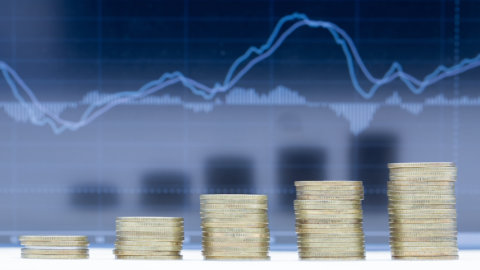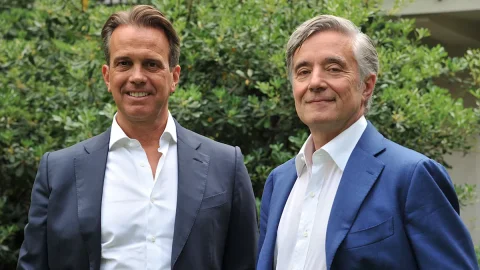“Take a look at these ratings. Volskwagen was awarded before the dieselgate with the highest marks in environmental sustainability, but for us it deserved a modest mark. Conversely, Tesla was at the bottom of the league, but not for us." Ian Monroe, a visiting scholar at Stanford, but also promoter of Etho Etf, one of the first (if not the first ever) passive funds listed on Wall Street which takes, with excellent results, long positions on stocks sensitive to the Green but also practices short strategies on the most harmful companies in terms of environment, use this example at the Aiaf-Bicocca Conference which yesterday brought together managers, industrialists, managers and scholars around the topic of sustainable investments in Milan.
“In companies – continues Monroe – still today the issues of sustainability often depend on the marketing and communication sector, without the possibility of influencing the strategic choices of the company. But the environment promises to be the key issue, decisive for the evaluation of an investment. Now, not in ten years. It is no coincidence that Saudi Arabia is now putting Aramco up for sale”. And it shows a graph from which it emerges the inevitable decline of oil (not to mention coal) by 2030 or even sooner. A factor destined to change the destiny of the car too, much sooner than you think.
"It is certainly not for ideal reasons that China has discovered the environmental emergency and converted to a green philosophy" he continues Massimo Nicolazzi, a life in the world of oil, first at ENI then in the Gazprom group, now Professor of Energy Sources at the University of Turin. “Change – he says – cannot disregard political will, which acts through a mix of taxes, incentives and prohibitions. But finance has a decisive value: Professor Paul Ekins calculates the investments needed to lower the carbon rate at 3.000 billion dollars a year. In short, the recipe cannot be separated from finance”. "In Italy we can count, among other things - says Andrea Gasperini, AIAF manager of the mission intangibles project - on the mobilization of pension funds and the role of pension funds".
Of course, Trump's America intends to question the environmental emergency. But the president's theses can delay, doing a lot of damage, the intervention of finance in the field of environmental protection, but not cancel "the tragedy of the horizon" as defined by the governor of the Bank of England Mark Carney. And something has now also changed in corporate Italy, which is increasingly sensitive to the issue. Managers and analysts are, who have brought their experiences and suggestions: Vincenzo Sagone of Amundi, Gianluca Michele Bovenzi of Deutsche Bank, Gianluca Manca of Eurizon. The pilot experience of Generali, in the constant search for a sustainable balance for customers, employees and stakeholders was described by Lucia Silva of Generali.
In short, the ESG universe is leaving the "goodness" phase to take on a precise sustainable profile also from the point of view of return for the shareholder and for market operators. And the perspective does not change from the point of view of companies, as highlighted by the case histories of Pirelli (illustrated by Eleonora Giada Pessina), Erg (Luca Bragoli) and Vigeò Eiris (Elisabetta Colombo). From a business point of view climate change is always more an opportunity than a cost, also in the light of the risks, sometimes irremediable, which the underestimation of the environmental component can entail.
For heaven's sake, the road is uphill and optimism is premature. As underlined by uca Testoni of Etica News, one of the best equipped and active study centers on the subject, forecasts on the issuance of green bonds after the Paris agreement (100 billion) have proved too optimistic. And there are no "holes". “The 3-4 best equipped organizations – comments Gianluca Manca – can deploy no more than 100-150 analysts to follow 5.000 companies or even more. In these conditions, it is impossible to have truly reliable analyses”. But, Monroe recalls, the demand is growing. And the investments will follow. Whether Trump likes it or not.





